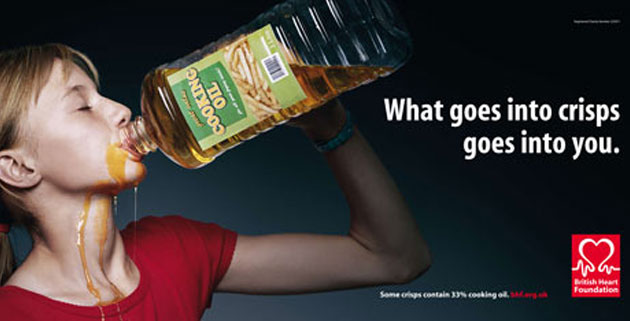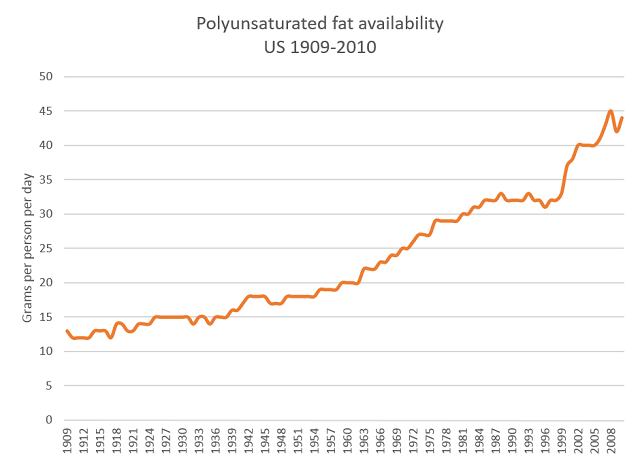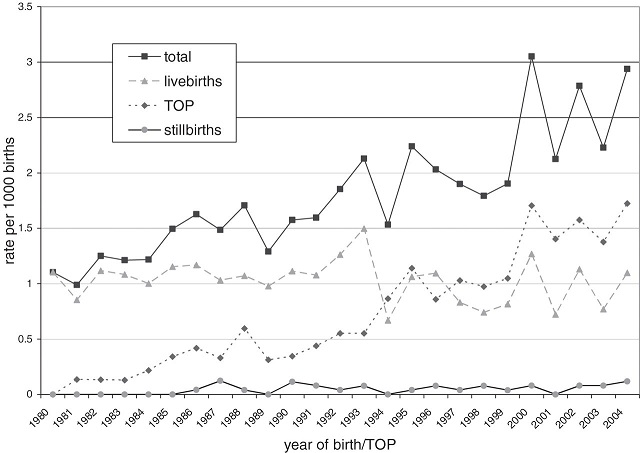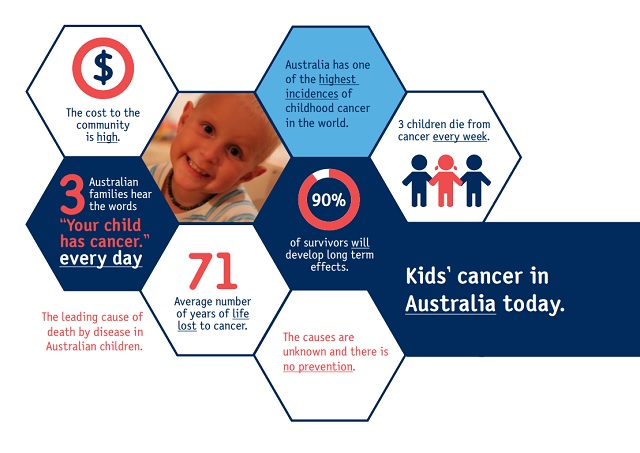
Part 4 – The Male Biological Clock
In Part Three of this series I showed how the rapid increase in our consumption of vegetable oils lies behind the explosive growth in childhood cancers during the last century. In this part I look at the other genetic diseases of childhood which research indicates are caused by eating foods containing those oils.
Sperm membranes need to be made from polyunsaturated fats to do their job well. This means they are also highly susceptible to damage from oxidation. The solution is to make them in huge numbers and kill off any that are damaged. Normally that works well enough, but occasionally a sperm with damaged DNA will escape the cleanup process and go on to fertilize an egg.
There are three known ways we can significantly increase the risk of damaged sperm getting through. We can use the sperm production system beyond its best-before date, we can significantly increase oxidative stress on the system and we can bypass the defences using reproductive technology.
Sperm from blokes that are too old
DNA damage accumulates with time. The older a man is, the more damage to his reproductive DNA will have accumulated. He can continue to produce semen until his last gasp, but the quality of the sperm contained in it declines dramatically after his 35th birthday.
The amount of DNA damage in sperm of men aged 36–57 is three times that of men under 35. A man more than 40 years of age is much less than half as likely to conceive as a man under 40.
Childhood diseases related to DNA damage are significantly increased in line with the age of the father. These diseases include childhood cancers, Down Syndrome, Schizophrenia and Autism. This is the reason why the age of sperm donors is limited to 40 years in in both the UK and the US and 45 in Australia.
There is now a strong trend towards older fathers. By 2010 the median married Australian father was 34 years old (30 for an unmarried father) and had increased by 3 years since 1990 alone.
That trend is undoubtedly driving part of the growth in the diseases, but it alone cannot account for the rapid recent acceleration.
Sperm damaged by Oxidative Stress
We can significantly increase DNA damage by ramping up oxidation in the body. Smoking is a well-studied source of increased oxidation. But the research is now telling us that oxidation of the polyunsaturated fats we eat (in the form of Vegetable Oils) are a much more significant concern. When these fats inevitably become part of the cell membrane of sperm, they provoke a state of oxidative stress at least as bad as that observed in smokers.
Only 13% of Adult Australians smoke but all of us eat Vegetable oils (whether we know it or not). Vegetable oils are the cheap oils extracted from seeds and legumes which now make up almost all of the fat in processed food. They include Canola (Rapeseed), Sunflower, Cottonseed, Grapeseed, Rice Bran, Peanut and Soybean oils. We are consuming more of them now than we have ever consumed before in the entire history of humans on this planet.
The oxidative damage caused by consuming vegetable oils is random in its effect. It is not just the genes involved in childhood cancers which suffer harm. Damage can, and does, occur throughout the entire DNA carried by the sperm.
The most common genetic abnormality in infants is Down Syndrome. And the occurrence of Down Syndrome have been steadily rising in line with our consumption of vegetable oils. In just the two decades between 1985 and 2004, the percentage of Down Syndrome affected pregnancies doubled in the UK. In Western Australia (the only Australian state which keeps reliable data) the rate over a similar period almost tripled.
Down syndrome births, stillbirths, and terminations of pregnancy (TOP) per 1000 births in Western Australia 1980–2004.
The next most common genetic abnormality in infants is Autism (a group of developmental diseases associated with damage to over 100 genes). Autism rates in the UK have increased ten-fold since the 1950s and similar increases have occurred in the US. In the US the rate of autism spectrum disorders more than doubled between 2000 and 2010 alone. There is no reliable Australian data on this, but researchers estimate that Australian rates are similar.
While it is likely that changes in the definition of autistic disorders are partly responsible for some of this growth, detailed analysis of the data has revealed that the increase is, regardless, very real and very large. We aren’t just getting better at diagnosing autism, there is a lot more of it to diagnose.
Childhood cancers, Down Syndrome and Autism are the diseases which affect the most children (and therefore the ones for which we have the best data), but the trends are starting to become visible for all similar genetic diseases (and there are very many of them).
We are in the midst of a massive acceleration of diseases driven by oxidative DNA damage (and to a lesser extent by age-related mutations). It is getting worse day by day and it has truly appalling consequences for everybody who is affected.
But there is a glimmer of hope. We can turn these horrible trends around. We just need to do three things, don’t smoke, don’t eat vegetable oils and don’t delay childbearing.
There is just one other thing we need to do. Be very careful about circumventing our body’s attempt to destroy defective sperm. That is the subject of the next part in this series.
Get all the studies mentioned in this series here




















Hi David. Very interesting and relevant as my husband was 39 when we conceived our last child. She was diagnosed with autism at age 3. Just checking though because I thought crisps were okay to eat because of the form of oil used. Can you please clarify this for me.
Tina in Australia most brands of plain salted chips use an oil which has the same fat profile as Olive Oil (its called High Oleic Sunflower Oil or HOSO), so from an oil perspective they are fine. We use Red Rock Deli Plain because they have the lowest polyunsaturated fat content but most others are fine too. I list all the brands and their fat contents in Toxic Oil.
[…] it is not just genes implicated in cancer which are being affected. In the next part I will be looking other types of oxidation induced genetic damage in […]
So what oils should we use instead? Thankyou 🙂
Fruit oils (Olive, Avocado and Coconut), sustainable palm oil, macadamia nut oil or of course plain old animal fats (such as butter, ghee, lard, tallow etc).
[…] – Ate crisps (AKA potato chips): 12.3g vegetable oil (not good), 1.6g saturated fats, 28.8g carbohydrates, 2.7g […]
Thanks David, for your continued research. Have you had a look at some of the findings by Dr Theresa Deisher? (PhD in Molecular and Cellular Physiology, and 20 years in commercial biotechnology) – cause: fetal manufactured vaccines http://aleteia.org/2015/07/24/scientist-and-stem-cell-expert-says-dont-be-so-quick-to-believe-vaccines-are-safe/ ; http://soundchoice.org/autism/
and Tomljenovic/Shaw? http://www.enrichedparenting.org/assets/tomljenovic-2011.pdf – cause: aluminium adjuvants in vaccines.
Some/much of autism increase could be contributed to by this too?